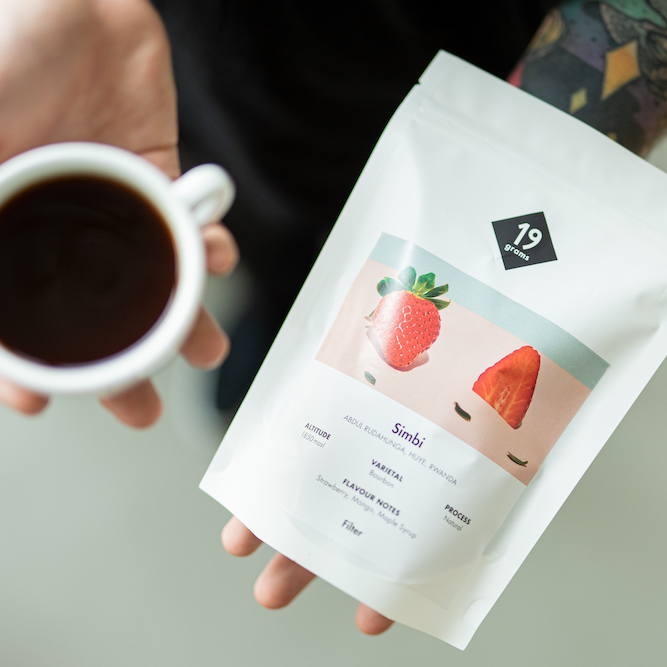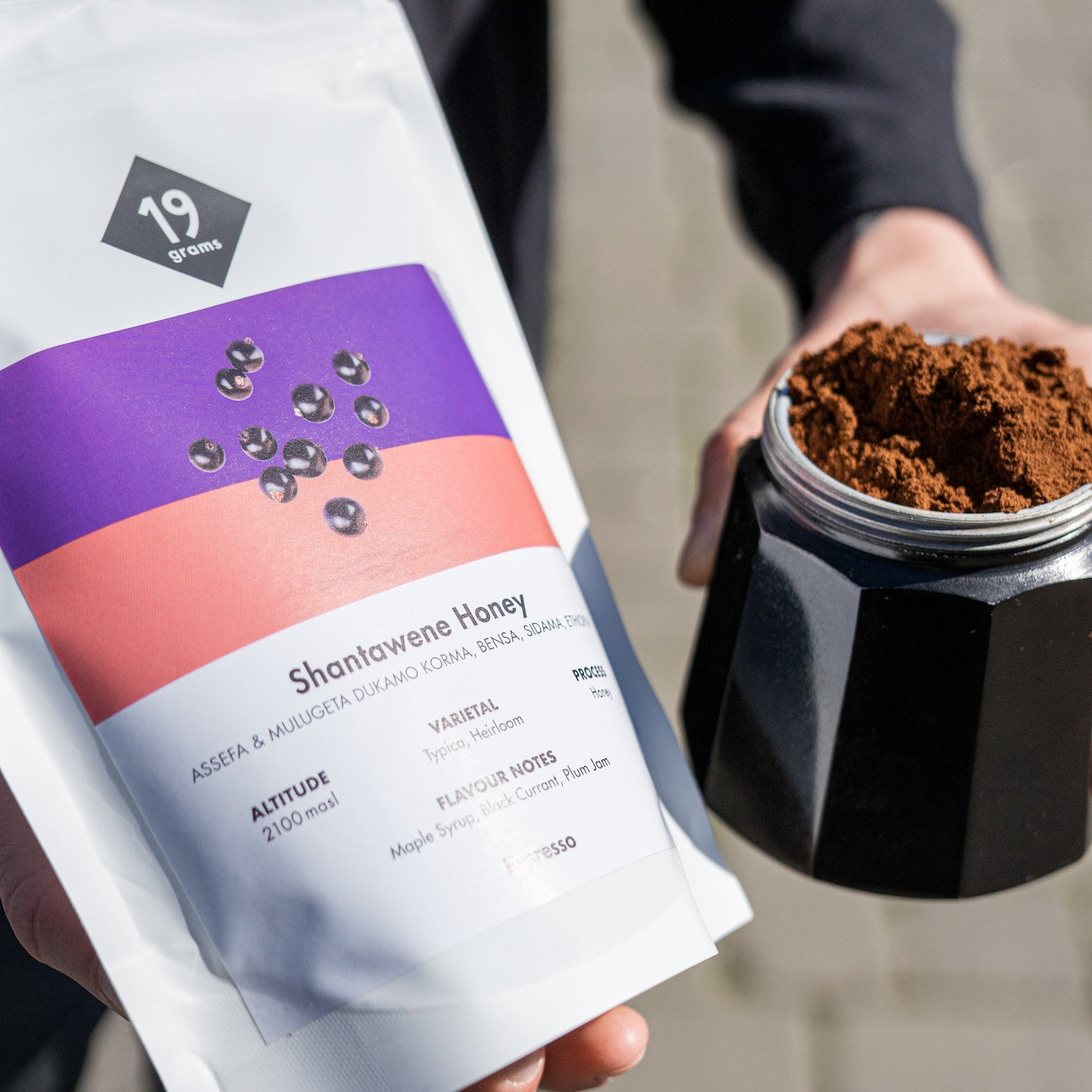A "sack" or "coffee bag" is an official unit of measurement for coffee beans and usually represents either 60 or 69 kilograms, depending on the country of origin. Sacks from Africa, Indonesia or Brazil usually contain 60 kg, while sacks from Central America contain 69 kg. The number 69 comes from the Spanish unit of measurement, as one such sack contains 150 Spanish pounds of coffee. Originally used for grain and wool, the "sack" became a standardised unit for various bulk goods, including coffee. Today, it is a relatively standardised unit of measurement for coffee.
Worldwide, about 140 million bags of coffee, each weighing 60 kg, are produced annually. Brazil alone contributes about 30 million bags and is the largest coffee exporting country. To fill a 60 kg bag, about a hundred Arabica coffee plants must be harvested, as each tree yields only 1 to 2 pounds of green coffee per year.
When shipping coffee to Europe, container transport is usually used. A container can hold about 10 pallets, with 10 bags of coffee on each pallet. At a weight of 60 kg per bag, a container can therefore hold about 6,000 kg of coffee. However, it is common for coffee to be shipped in bulk in containers.







